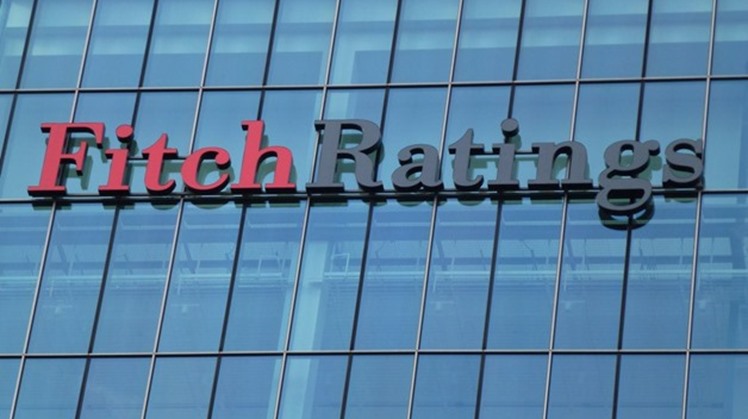CAIRO – 14 April 2025: Fitch Ratings has affirmed Egypt’s long-term foreign-currency credit rating at B with a stable outlook, underlining a cautious balance between the country’s growth potential and its ongoing structural vulnerabilities.
In its latest report, the agency highlighted the size and resilience of Egypt’s economy, supported by continued backing from multilateral institutions and strong financial ties with Gulf Cooperation Council (GCC) countries.
A major factor supporting this rating is Egypt’s continued engagement with the International Monetary Fund (IMF) under an eight billion US dollar Extended Fund Facility. This agreement serves as the foundation for much of Fitch’s current outlook and expectations for the Egyptian economy, helping anchor confidence in economic policy direction.
Still, Egypt faces significant structural and fiscal challenges. Public finances remain under strain, with a substantial share of government revenues going toward interest payments. The country also relies heavily on external financing, which is subject to fluctuations in global markets. High inflation levels and persistent geopolitical uncertainty further threaten macroeconomic stability.
Looking ahead, Fitch expects Egypt’s current account deficit to widen slightly to five point six percent of GDP in fiscal year 2024 to 2025, before narrowing to four percent in the following year. This expected improvement is driven by renewed activity in the energy sector, rising foreign investment, and access to more affordable gas imports. Foreign direct investment (FDI) is forecast to reach fifteen billion US dollars — equivalent to three point eight percent of GDP — by fiscal year 2025 to 2026, led by strong inflows from GCC countries into real estate and infrastructure.
The newly introduced ten percent US tariffs on Egyptian exports were also addressed in the report. While they present some risk, Fitch noted that Egypt’s direct trade exposure to the United States is relatively low, and the country’s reliance on US economic aid is minimal — both factors that help buffer potential impacts.
That said, geopolitical risks in the region remain a major concern. Revenues from the Suez Canal, for example, are expected to recover only partially, reaching about sixty percent of their 2023 levels by fiscal year 2025 to 2026. Tourism, by contrast, has shown strong resilience and is projected to grow by nine percent next year after a five percent rise in 2023 to 2024.
On the fiscal front, Fitch projects Egypt’s budget deficit to widen to seven point four percent of GDP in fiscal year 2024 to 2025. This is largely due to increased debt servicing costs and the absence of windfall revenues seen in the previous year. While tax revenue has improved — helped by tighter compliance and fewer exemptions — the government plans to introduce new VAT-related reforms in 2025 to 2026 to curb the deficit. Nonetheless, concerns remain around off-budget expenditures, public sector liabilities, and the long-term credibility of Egypt’s fiscal consolidation efforts.
In terms of debt, public debt levels remain elevated, but Fitch expects a gradual decline to eighty point four percent of GDP by the end of fiscal year 2025 to 2026, down from eighty-nine point four percent this year. Although this represents progress, it still sits well above the median for countries with a similar credit rating.
Inflation has moderated significantly, falling from twenty-four percent in January to thirteen point six percent in March. It is expected to hover around fourteen percent by the end of the current fiscal year, partly due to anticipated cuts in fuel subsidies. Meanwhile, the Central Bank of Egypt (CBE) is expected to begin cutting interest rates — currently at twenty-seven point two five percent — by late 2025 to 2026, which should relieve some of the pressure from debt servicing costs.
 Mon, Apr. 14, 2025
Mon, Apr. 14, 2025